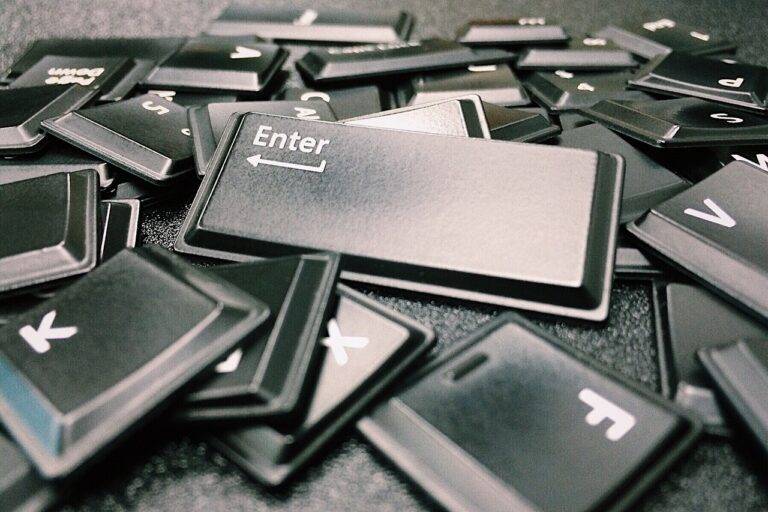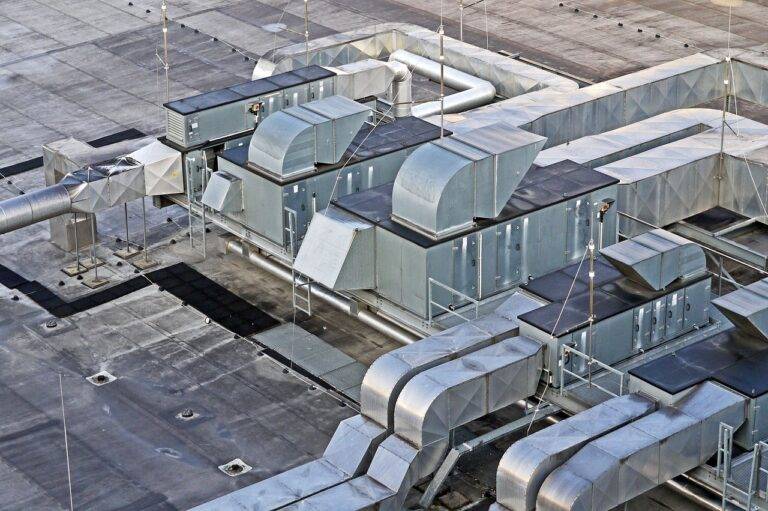The Future of Blockchain in Digital Identity for Refugees: Secure Documentation
Blockchain technology has been hailed as a promising solution for enhancing the digital identity of refugees around the world. By utilizing the decentralized and immutable nature of blockchain, it offers a secure platform for storing and verifying important identification documents. This can significantly benefit refugees who often struggle to access and safeguard their personal information in volatile and uncertain situations.
Moreover, blockchain technology has the potential to streamline the processes of identity verification, thereby reducing the bureaucracy and inefficiencies that refugees often face when trying to establish their identity in a new country. With a secure digital identity stored on the blockchain, refugees can easily access essential services such as healthcare, education, and employment, leading to a smoother integration into their new communities.
Challenges Faced by Refugees in Accessing Secure Documentation
Refugees often encounter significant challenges when trying to access secure documentation. Due to forced displacement and often unreliable government systems in their home countries, refugees may struggle to obtain crucial identification papers and official documents. This lack of documentation can impede their ability to access essential services, including healthcare, education, and employment, further exacerbating their vulnerable situation.
Moreover, refugees face bureaucratic hurdles and language barriers when navigating complex legal processes to obtain necessary documentation in host countries. The requirement to provide extensive proof of identity and background information can be particularly challenging for refugees who have fled their homes with limited possessions and little to no official paperwork. As a result, many refugees find themselves stuck in a cycle of bureaucratic delays and administrative obstacles, hindering their ability to rebuild their lives in a new environment.
What are some of the challenges refugees face in accessing secure documentation?
Some of the challenges refugees face include lack of proper identification documents, difficulty in obtaining or renewing passports, and issues with accessing government services without valid identification.
How can blockchain technology help enhance digital identity for refugees?
Blockchain technology can provide a secure and tamper-proof way for refugees to store their identity information. This can help streamline the process of verifying their identity and accessing essential services.
Are there any specific initiatives or organizations working on improving digital identity for refugees?
Yes, there are several initiatives and organizations working on this issue, such as the World Food Programme’s Building Blocks project and the ID2020 Alliance. These efforts aim to provide refugees with secure digital identities to help them access services and opportunities.
What are some potential benefits of using blockchain technology for refugee identification?
Some potential benefits include increased security and privacy of refugee identity information, reduced risk of fraud or identity theft, and improved access to essential services and opportunities for refugees.
How can governments and organizations collaborate to address the challenges faced by refugees in accessing secure documentation?
Governments and organizations can work together to develop standardized processes for verifying refugee identities, establish secure digital identity systems using blockchain technology, and provide support for refugees in obtaining necessary documentation.





